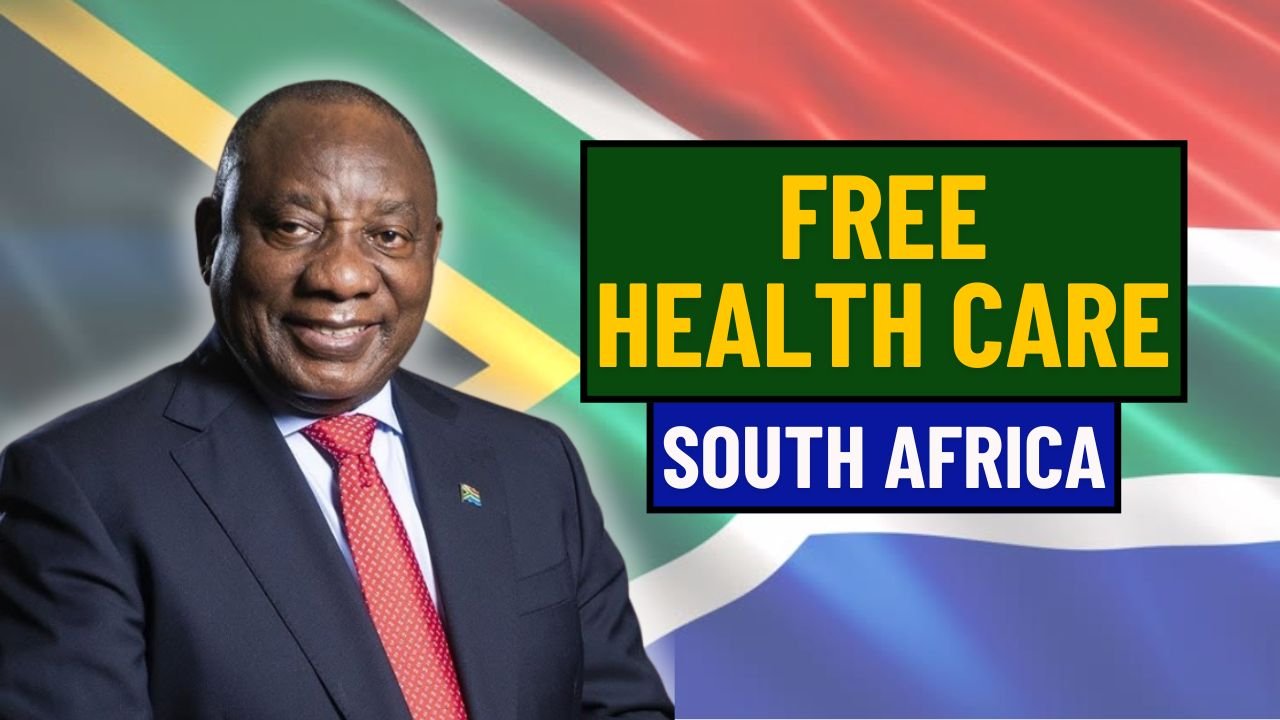In a world where access to quality healthcare often depends on financial status, South Africa has taken significant steps to bridge the gap. As of May 2025, the government has enhanced the accessibility of its free public healthcare system. These improvements are designed to provide easier access for unemployed individuals, vulnerable citizens, and low-income households who depend on state-supported medical services for their wellbeing.
Beginning the Journey, First Steps Towards Medical Coverage
The path to receiving free healthcare in South Africa begins with a personal visit to a government-run clinic or hospital. During this initial visit, applicants are expected to register for health coverage. The registration process is straightforward but requires certain documentation. Early registration is especially recommended for individuals managing chronic diseases, as it ensures continuous medical care without unnecessary disruptions.
Vital Documentation Needed for Successful Enrollment
Applicants seeking access to free public healthcare must present specific documents during registration. South African citizens need to show a valid ID, while asylum seekers and refugees must carry the appropriate legal permits. Additionally, proof of residence helps determine the applicant’s location for assigning health services. If available, income statements may be submitted to establish eligibility. Parents applying on behalf of their children should also bring the child’s birth certificate to complete the process effectively.
Clinics as Central Access Points
South Africa’s network of public clinics forms the backbone of the healthcare system, offering a variety of essential services. These include routine checkups, maternal care, immunizations, and support for chronic illnesses and infectious diseases such as HIV/AIDS. Upon arrival at a clinic, patients hand over their documents, complete a short intake form, and receive a personal clinic card and medical file. These items serve as important tools for maintaining consistent medical records throughout the public healthcare system.
Different Locations, Different Schedules

Clinic hours vary across regions, with urban facilities usually open from 07:00 to 16:00. Due to staffing and resource limitations, rural clinics may have shorter operating hours. In recent months, many clinics have started adopting digital systems to manage patient data, aiming to reduce wait times and streamline care. However, patients are advised to confirm clinic hours before visiting, particularly in less populated areas where availability might differ.
Range of Services Covered in the 2025 Healthcare Plan
Under the 2025 public healthcare framework, all South African citizens, permanent residents, refugees, and asylum seekers are entitled to comprehensive health services at no cost. These services include consultations with general practitioners, prenatal and child healthcare, treatment for HIV and tuberculosis, and management of chronic illnesses like hypertension and diabetes. State hospitals also provide emergency services free of charge, and mental health support is gradually expanding across public health facilities.
Helpful Tips for a Smooth Healthcare Experience
Patients are encouraged to bring their clinic card or valid ID to every appointment to avoid delays. Keeping previous prescriptions, referral letters, and health-related documents organized can make follow-up visits more efficient. It’s advisable to arrive early, especially in urban clinics where patient traffic is high. Staying informed through community boards or local health groups can also help individuals take full advantage of available services and outreach programs.
A Commitment to Citizen Wellbeing
South Africa’s free public healthcare system continues to serve as a vital support structure for millions. The recent updates to its registration and service procedures make it easier for people to get the care they need. Understanding the process from documentation to available services can help individuals and families navigate the system more effectively, ensuring no one is left behind due to economic challenges or administrative barriers.
A Nation’s Promise of Health Equity
As the year progresses, South Africa’s healthcare system stands as a symbol of the nation’s promise to prioritize equity and wellbeing. The streamlined application process and broadened access to essential services reaffirm the country’s dedication to its people. For anyone in need of medical support, knowing the system and staying prepared can make a significant difference in receiving timely, quality care.

